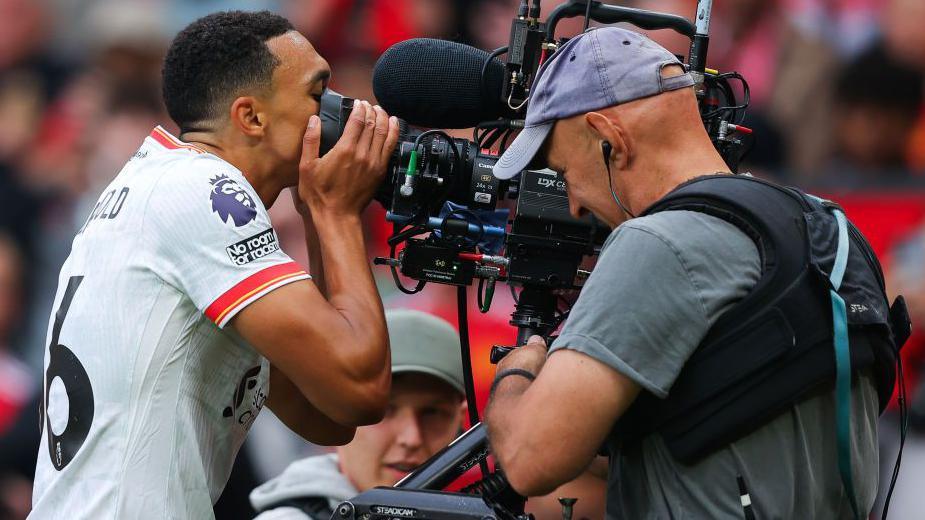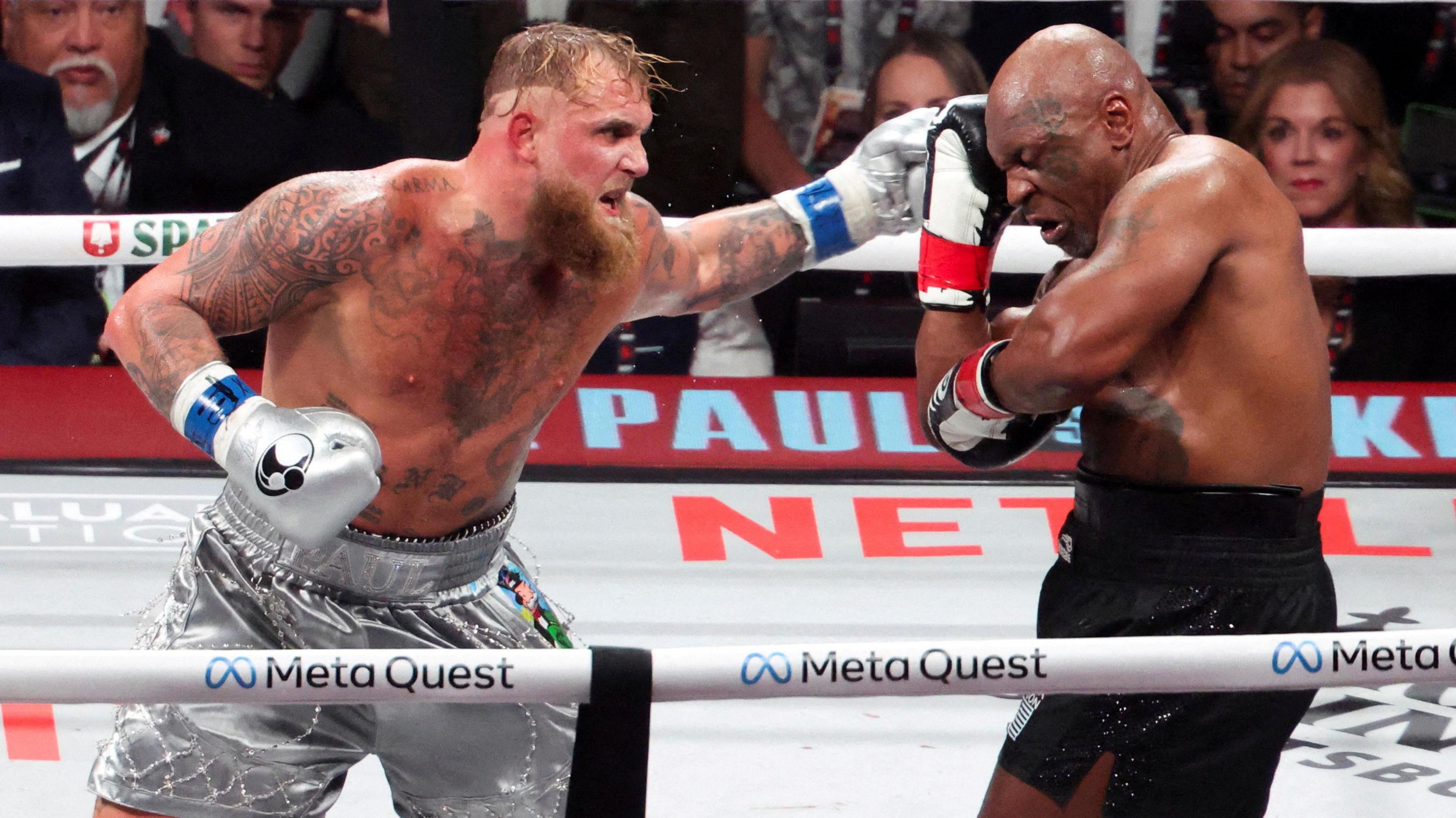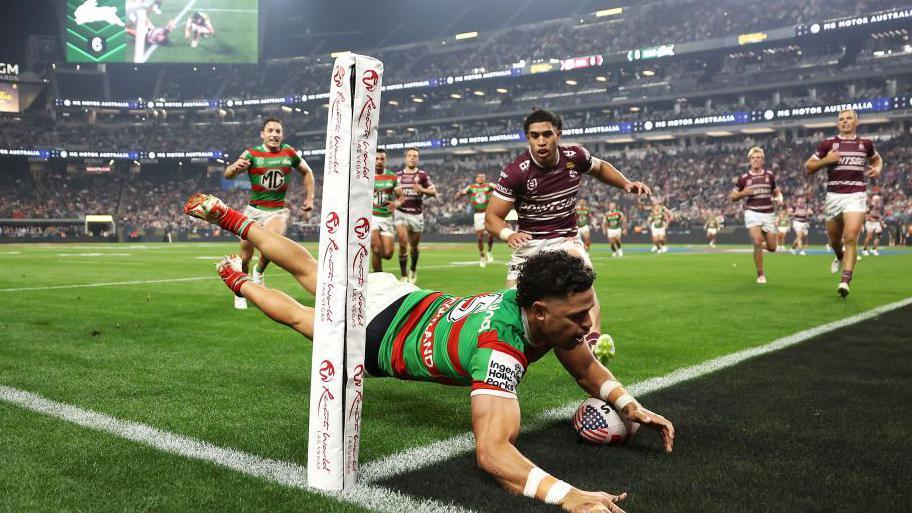According to analysis conducted by SportBusiness into 30,000 deals, the total value of sports rights has never been higher.
As the researchers admit, this year's 12% increase to £49.5bn can partly be explained by having had both the Paris Olympics and men's European Championship football this summer. But the market has also been buoyed by some record deals, and increasing competition.
This month the Premier League revealed its total income from overseas media rights sales was up 23% for the 2025-28 cycle compared to the current one.
A recent six-year £439m deal with Thailand, Cambodia and Laos - twice the value of the current agreement - provided further evidence of the continued appetite around the world for English football's top division.
But that looks small when compared to the US - the biggest market for sports rights.
The best example? Basketball's NBA secured a blockbuster 11-year global deal for live rights worth £59bn with Disney, NBC, and Amazon's Prime Video this year - a threefold increase - and the latest sign that streaming services are moving into live sports, which has traditionally been dominated by broadcasters and pay-TV companies.
Meanwhile, American Football's NFL is in the middle of a £11.6bn seven-year deal with Google-owned YouTube. Fellow tech giant Amazon is another partner of the NFL as part of a mammoth £89bn ($113bn) deal that generates £10bn per season - an 80% increase on the previous agreement.
And then there's Netflix. Having live-streamed a tennis exhibition match between Carlos Alcaraz and Rafael Nadal in Las Vegas in March, the platform recently showed Mike Tyson's fight against influencer Jake Paul, albeit with well-documented technical glitches.
This all came after the news Netflix had also invested in global rights to show two NFL matches on Christmas Day - reportedly paying £59m for each game.
WWE may be scripted sporting entertainment, rather than pure sport, but the tech giant's £3.9bn deal to show the wrestling franchise for the next decade marked another significant move into live events, building on the success it has had with documentaries such as the Formula 1 series Drive to Survive.


